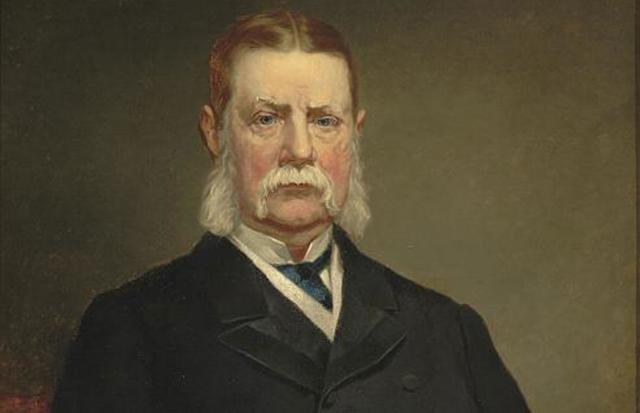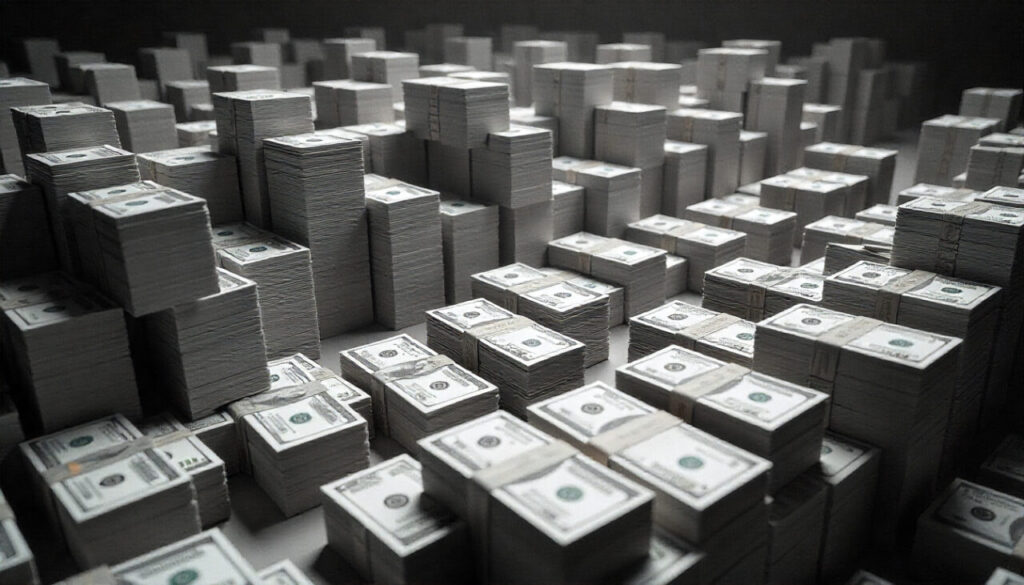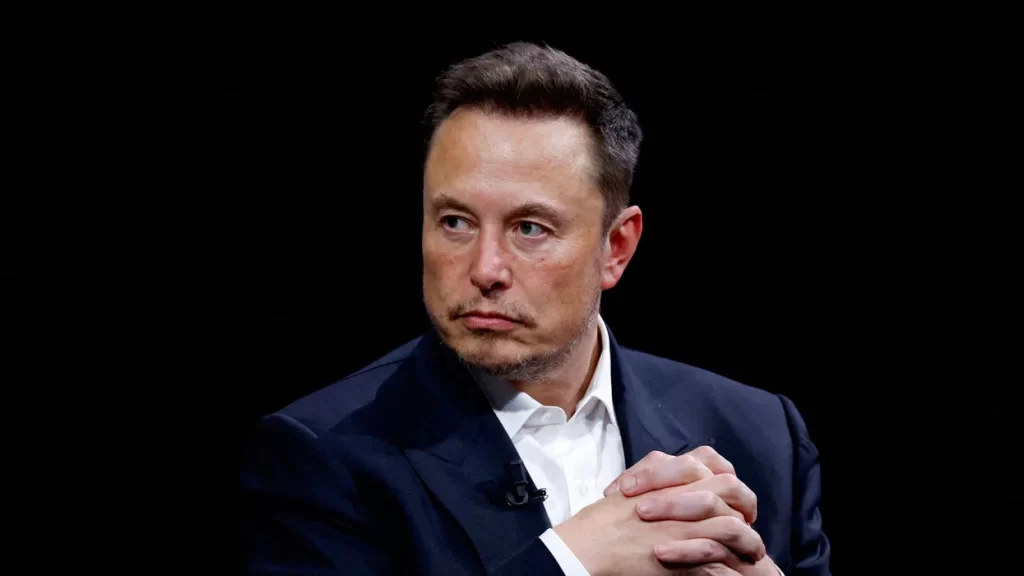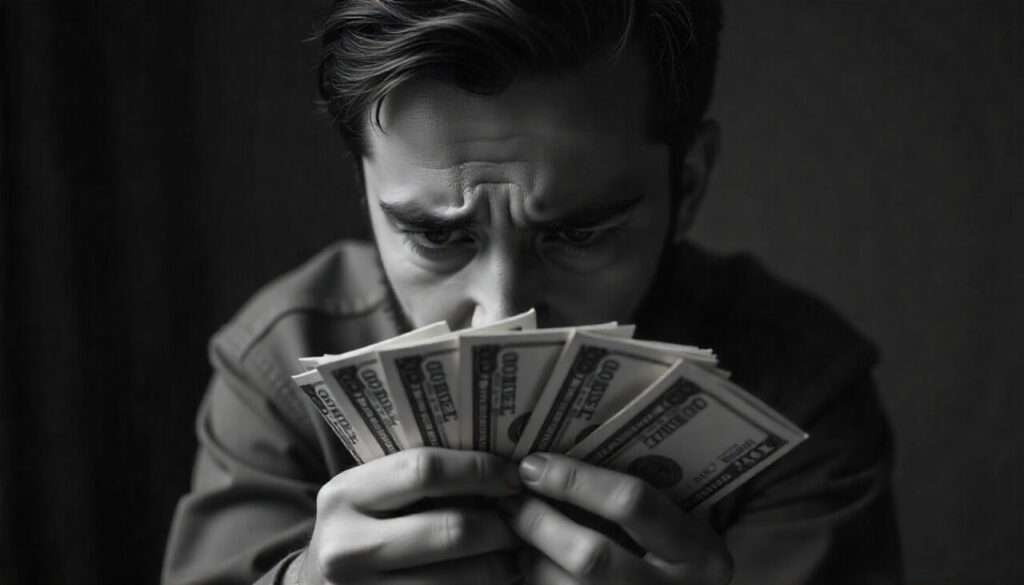
Have you ever caught yourself wondering who the very first billionaire in the world was? It’s kind of an interesting thought, isn’t it — that someone, at some point, became so unimaginably wealthy that they crossed the invisible border into the “ten-digit club.”
Yet, today we constantly throw around the word “billionaire”. Elon Musk tweets a meme, and the stock market pumps. Jeff Bezos sneezes and Amazon gains a billion in market cap.
But there was a time when that kind of money wasn’t just rare — it was practically unthinkable.
And honestly, it’s worth saying upfront: becoming a billionaire didn’t use to be anyone’s goal. Back then, the idea that wealth could even reach that high just wasn’t part of everyday imagination.
Today, people are raised on rags-to-riches stories and viral startup fairy tales, but in the late 1800s, wealth was more like something mythical, wrapped up in castles, oil refineries, and coal-black smoke.
And before we get to who the first billionaire actually was, let’s pause on a side note.
On CuriousMatrix.com, we also explored a provocative idea in our article “What Would Happen If We Limited the Amount of Wealth Per Person.” It initiated a lot of discussion — and honestly, thinking about the first billionaire hits the same nerve.
How much is too much? When does personal fortune become so bloated that it warps society around it?
But let’s not get ahead of ourselves. First, let’s rewind to a time when even a single million seemed like an empire.
Before the Billion: Were There Millionaires First?

Of course there were — though even that word sounded like fiction at first. The concept of a “millionaire” emerged in the 18th century (around 1719-1720), when the French press described individuals who amassed fortunes worth over a million francs.
By the 1800s, the term was more widely used, especially in Britain and the U.S., but it was still reserved for the ultra-rare elite.
One of the earliest documented American millionaires was John Jacob Astor. He made his fortune in fur trading, real estate, and early investments in New York City.
When he died in 1848, his estate was worth about $20 million — an astronomical sum at the time. People whispered his name the way we whisper about tech billionaires now, some in admiration and some in suspicion.
It’s easy to forget how staggering “a million” used to sound. It was more than entire cities’ yearly budgets. Even railroads — the giants of the 19th century economy — were shocked when a single individual could claim that kind of wealth.
In Europe, figures like the Rothschild banking family and the Dukes of Westminster were accumulating similar fortunes. These families were like financial dynasties, weaving their influence into governments, railways, and emerging industries.
So, the jump from millionaire to billionaire wasn’t just about adding three zeros. It was about breaking the limits of imagination.
And one man did exactly that. But before revealing them (him, her?), let’s spend some more time on history.
When a Billion Dollars Was Unthinkable

Here’s the thing: before the 20th century, even the richest monarchs weren’t measured in dollars. Their wealth was counted in land, armies, jewels, or political tribute.
For example, Mansa Musa, the emperor of Mali in the 1300s, is often called the richest man in history. He controlled enormous gold mines, and when he passed through Cairo on his pilgrimage to Mecca, he spent so much gold that he crashed the local economy for years.
It’s a legendary story, but it’s almost impossible to measure in today’s terms. Historians estimate his wealth could’ve been worth hundreds of billions, maybe even trillions, but it’s all fuzzy math.
The point is: wealth existed, but the billionaires didn’t. There was no media to track net worth daily. No Forbes list. No stock tickers to show real-time fortunes.
Besides that, inflation complicates everything — a dollar in 1850 is worth about 35 dollars today. So, until accounting systems, markets, and national currencies matured, you couldn’t even verify that someone had a billion.
By the early 1900s, though, industrialization had changed the game. Standardized currencies, modern corporations, and international banking made it possible to not only create massive wealth, but also measure it.
And that’s when a quiet, numbers-obsessed man named John D. Rockefeller crossed the line no one had before.
Rockefeller: The First Official Billionaire

John Davison Rockefeller was born in 1839 in Richford, New York. His father was a traveling salesman who dabbled in everything from elixirs to shady schemes.
His mother raised little John to be frugal and relentless about saving. That mix of scrappiness and precision shaped him for life.
As a teenager, Rockefeller worked as a bookkeeper, methodically tracking every cent he earned. He reportedly kept a ledger titled “Ledger A,” where he wrote down every penny he spent — candy, pencils, everything.
That habit never left him.
And when oil was discovered in Pennsylvania in the 1850s, Rockefeller saw an opportunity. He co-founded Standard Oil in 1870, and within a decade, it dominated the American oil industry.
He negotiated secret deals with railroads, undercut competitors, bought them out when they faltered, and slashed costs to the bone. By 1880, Standard Oil controlled about 90% of all U.S. oil refining.
People either feared him or admired him, often both. He was calm, unemotional, almost machine-like in business. Critics called him ruthless. Supporters called him brilliant. He called himself simply “a man who saw what needed doing.”
And in 1916, the press officially reported that Rockefeller had become the world’s first official billionaire. And it wasn’t just a headline. It was like someone had reached the financial moon.
Adjusted for inflation, his fortune would be worth over $400 billion today — more than Bill Gates and Bezos combined.
So, then let’s actually look at the first ten ultra-rich people throughout history, adjusted to inflation.
The First Ten Ultra Rich People

| Name | Year | Original Worth | CPI Adjusted (2025 USD) | GDP-based Estimates (2025 USD) | Notes |
| John D. Rockefeller | 1916 | $1billion (1916) | ~$23–29 billion | $435–631 billion | CPI underestimates |
| Andrew Carnegie | 1901 | $480 million (1901) | ~$16–18 billion | $310–370 billion | CPI underestimates |
| Henry Ford | 1925 | $1.2 billion (1920s) | ~$20–22 billion | ~$200 billion | CPI vs economic share |
| Cornelius Vanderbilt | 1877 | $105 million (1877) | $3.23 billion | $185–250 billion | CPI vs economic share |
| William H. Vanderbilt | 1885 | $194 million (1885) | ~$5.97 billion | $200+ billion | CPI vs economic share |
| J.P. Morgan | 1913 | $120 million (1913) | ~$3.07 billion | $25–57 billion | CPI vs economic share |
| Nicholas II of Russia | 1917 | State assets | N/A | $250–300 billion | GDP-based only |
| Stephen Girard | 1820s | $7 million (1820s) | ~$204 million | $100+ billion | GDP-based only |
| John Jacob Astor | 1840s | $20 million (1848) | ~$578 million | $150+ billion | GDP-based only |
| Marcus L. Crassus | c. 50BC | Ancient estimate | N/A | $100+ billion | GDP-based only |
- Figures in the “CPI Adjusted” column use US official inflation calculators and historical CPI estimates.
- The “GDP-based Estimates” reflect historical economic impact and comparisons to modern-day wealth.
- CPI adjustments show lower values compared to GDP-based or “economic share” calculations commonly used by historians, economists, and financial media.
Both methods are valid for different use cases—CPI for purchasing power, GDP-based for historical economic impact.
How Many Billionaires Exist Today?

Fast forward to now. According to Forbes and Credit Suisse data, there are over 3000 billionaires worldwide as of 2025, with a combined net worth of around $16 trillion.
That’s more than the GDP of most countries. In fact, if billionaires formed their own nation, it would be the third-largest economy in the world, behind only the U.S. and China.
A few quick stats to put it into perspective:
- About 30% of global billionaires are based in the U.S. (roughly 900 people).
- China is second, with around 450 billionaires.
- India, Germany, and the U.K. round out the top five.
- The wealthiest 10 billionaires alone hold over $2 trillion — yes, ten people.
These aren’t just numbers. They represent an extraordinary concentration of resources, influence, and power. And it’s accelerating.
In the 1980s, the world had fewer than 50 billionaires. Now new ones are minted every month, often through tech IPOs, crypto, or financial markets.
Billionaires vs. the Global Poor

Now here’s where it gets jarring. While billionaires build private space rockets, almost 800 million people still live in extreme poverty — surviving on less than 3 dollars a day.
The top 1% of humanity controls nearly half of all global wealth, while the bottom 50% own just 2%.
It’s a gap so wide it barely feels real. But it’s real enough for those living it.
To picture it another way: if global wealth were a pizza, billionaires are sitting at the table with half the pie stacked in front of them, while billions of others are sharing crumbs.
This isn’t to demonize wealth entirely — innovation often requires capital, and big fortunes can fund big ideas.
But the sheer imbalance has consequences: stagnant wages, social unrest, declining social mobility, and entire regions trapped in cycles of poverty while fortunes pile up elsewhere.
And so…one question is obvious here…
Do Billionaires Actually Have Good Lives?

Here’s where it gets interesting — and kind of tragic. You’d think unimaginable wealth guarantees happiness. But again and again, the personal lives of many billionaires tell a different story.
Divorces are common. So are family fights, public meltdowns, and bouts of paranoia about being betrayed or sued.
Howard Hughes died isolated in hotel rooms, reportedly addicted to painkillers and terrified of germs. Elon Musk has publicly described feeling lonely despite being surrounded by millions of fans online.
Extreme wealth can warp relationships. Friends and partners sometimes become suspicious or transactional. Privacy vanishes.
Even simple pleasures — walking into a café anonymously, laughing without being recorded — disappear.
Money solves (many) problems, yes. But beyond a certain point, it stops adding joy and starts creating pressure.
The world expects billionaires to be visionaries, saints, geniuses, and superheroes all at once. That’s a heavy mask to wear.
So… Should Anyone Want to Be a Billionaire?

Honestly? Probably not. Wealth can be a tool for freedom, creativity, and security. But chasing billions as a personal finish line often ends up hollow.
As we argued in our CuriousMatrix piece “What Would Happen If We Limited the Amount of Wealth Per Person,” there’s a strong case that no individual actually needs billions.
Past a certain point, extra money stops improving your life — it just becomes something to protect, to hide, or to weaponize.
The world doesn’t need more billionaires. It needs more people who are comfortable, creative, and curious — people with enough financial breathing room to focus on meaningful work, not just survival.
Imagine if wealth were spread more evenly: fewer yachts, sure, but fewer hungry kids, too. Fewer ghost cities of empty luxury apartments, and more vibrant communities where everyone has a shot at thriving.
Being the first billionaire might’ve been historic.
But being the last wouldn’t be the worst thing either!
Final Thoughts

John D. Rockefeller became the first billionaire over a century ago, and in doing so, he opened a door to an entirely new scale of personal wealth.
But what followed wasn’t just innovation and progress — it was also growing inequality, social tension, and the strange isolation that extreme wealth often brings.
There’s nothing wrong with success. Ambition isn’t the villain here. But idolizing billionaires — holding them up as the pinnacle of human achievement — might be missing the point.
Many of them live lives far less happy, grounded, or connected than the people working for them.
So, no — we don’t need to strive to become billionaires. We need to strive to make billionaire-level resources unnecessary for a good life.
And maybe, just maybe, the next era of history won’t be about who becomes the richest — but about how we make sure everyone has enough.




























